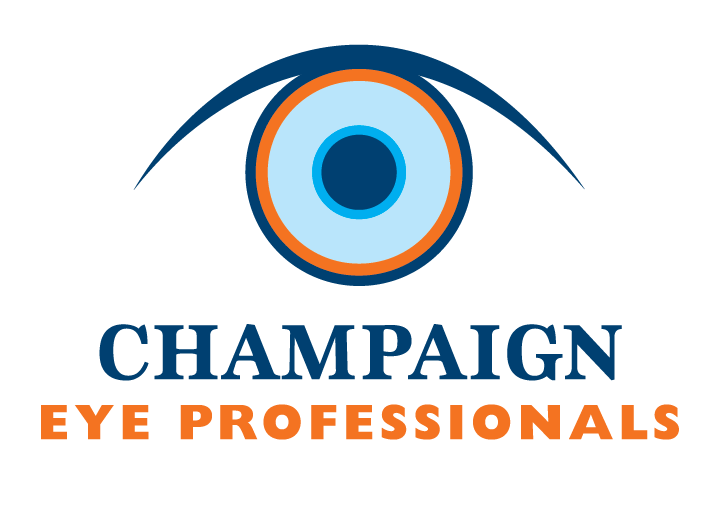Best Foods For Eye Health
A well-balanced diet rich in specific nutrients can support eye function and reduce the risk of eye diseases in a big way. Here are some of the best foods your eye doctor in Champaign, IL recommends you include in your diet to promote healthy eyes.
Leafy Greens
How: Chop up greens and add to pasta dishes, soups and sandwiches.
Why: Dark leafy greens such as spinach, kale, and collard greens are packed with lutein and zeaxanthin—antioxidants that help protect the retina from harmful light and reduce the risk of age-related macular degeneration (AMD).
Carrots
How: Roast carrots with thyme and eat as a snack, cook and add into smoothies, or juice raw as part of your green juice recipe.
Why: Carrots are rich in beta-carotene, which the body converts into vitamin A. Vitamin A is essential for maintaining good vision, particularly for night vision.
Fatty Fish
How: Spread sardines on crackers and sprinkle with hot sauce. Make fish cakes with fresh or canned salmon and air fry.
Why: Fish like salmon, tuna, and sardines are high in omega-3 fatty acids, which play a key role in maintaining the health of the retina and preventing dry eye syndrome. Omega-3s also help reduce inflammation and support blood circulation to the eyes.
Citrus Fruits
How: Snack on orange wedges, juice grapefruits for your breakfast drink and add lemon wedges to your water bottle.
Why: Citrus fruits like oranges, grapefruits, and lemons are rich in vitamin C, which is vital for maintaining the health of blood vessels in the eyes. Vitamin C also works as an antioxidant, protecting the eyes from damage caused by free radicals and helping prevent cataracts.
Be sure to get regular eye exams in Champaign, IL, too! Contact us today to book yours!











